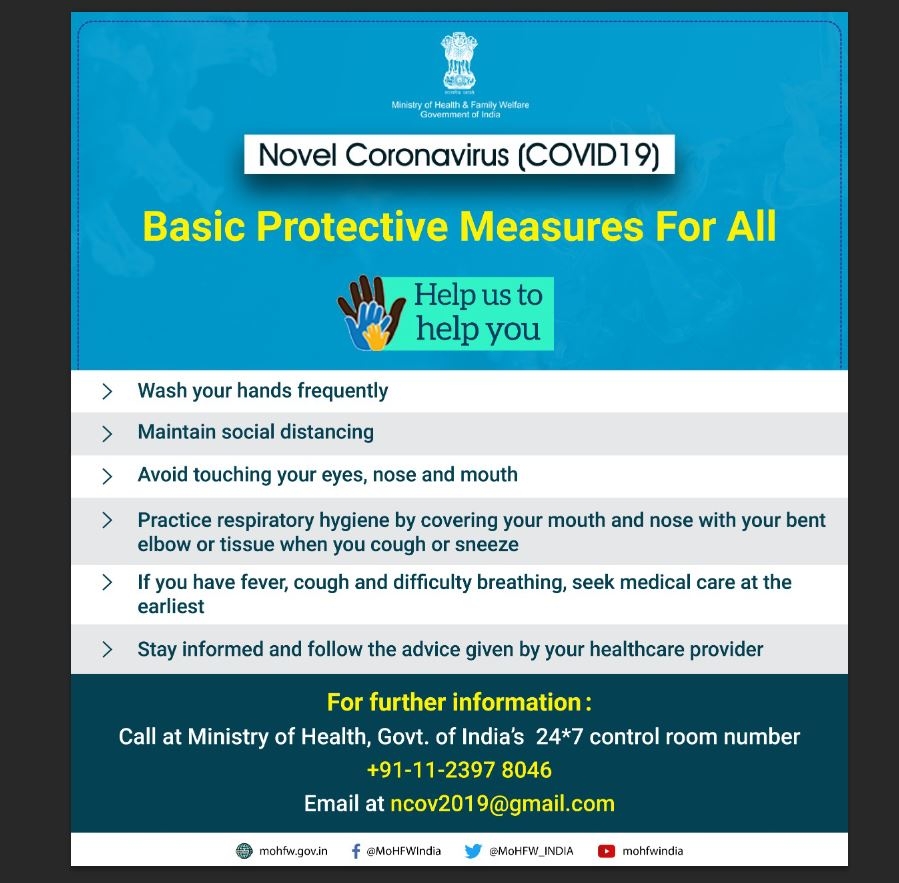Do you skip your morning meal and eat dinner late at night? If so, it may increase the risk of death and other heart-related problems, researchers have warned.
The study found that people with the two eating habits had a four to five time higher chances of death, another heart attack, or angina (Chest Pain) within 30 days after hospital discharge of heart attack.
Skipping breakfast was observed in 58%, late night dinner eating in 51% and both behaviours in 41%. The study enrolled patients with a particularly serious form of heart attack called ST-segment elevation myocardial infarction (STEMI). “One in ten patients with STEMI dies within a year, and nutrition is a relatively inexpensive and easy way to improve prognosis,” said Marcos Minicucci, of Sao Paolo State University, Brazil.
“A good breakfast is usually composed of dairy products, a carbohydrate, and whole fruits,” he said in a statement. “It should have 15 to 35 percent of our total daily calorie intake,” said Minicucci. The study included 113 patients with a mean age of 60, and 73 percent were men. Patients were asked about eating behaviours on admission to a coronary intensive care unit.
Skipping breakfast was defined as nothing before lunch, excluding beverages, such as coffee and water, at least three times per week. Late-night dinner eating was defined as a meal within two hours before bedtime at least three times per week. Minicucci noted that late-night dinner eating was defined by the two-hour interval between dinner and bedtime, rather than eating late at night.
Do you skip your morning meal and eat dinner late at night? If so, it may increase the risk of death and other heart-related problems, researchers have warned.
The study found that people with the two eating habits had a four to five time higher chances of death, another heart attack, or angina (Chest Pain) within 30 days after hospital discharge of heart attack.
Skipping breakfast was observed in 58%, late night dinner eating in 51% and both behaviours in 41%. The study enrolled patients with a particularly serious form of heart attack called ST-segment elevation myocardial infarction (STEMI). “One in ten patients with STEMI dies within a year, and nutrition is a relatively inexpensive and easy way to improve prognosis,” said Marcos Minicucci, of Sao Paolo State University, Brazil.
“A good breakfast is usually composed of dairy products, a carbohydrate, and whole fruits,” he said in a statement. “It should have 15 to 35 percent of our total daily calorie intake,” said Minicucci. The study included 113 patients with a mean age of 60, and 73 percent were men. Patients were asked about eating behaviours on admission to a coronary intensive care unit.
Skipping breakfast was defined as nothing before lunch, excluding beverages, such as coffee and water, at least three times per week. Late-night dinner eating was defined as a meal within two hours before bedtime at least three times per week. Minicucci noted that late-night dinner eating was defined by the two-hour interval between dinner and bedtime, rather than eating late at night.
























